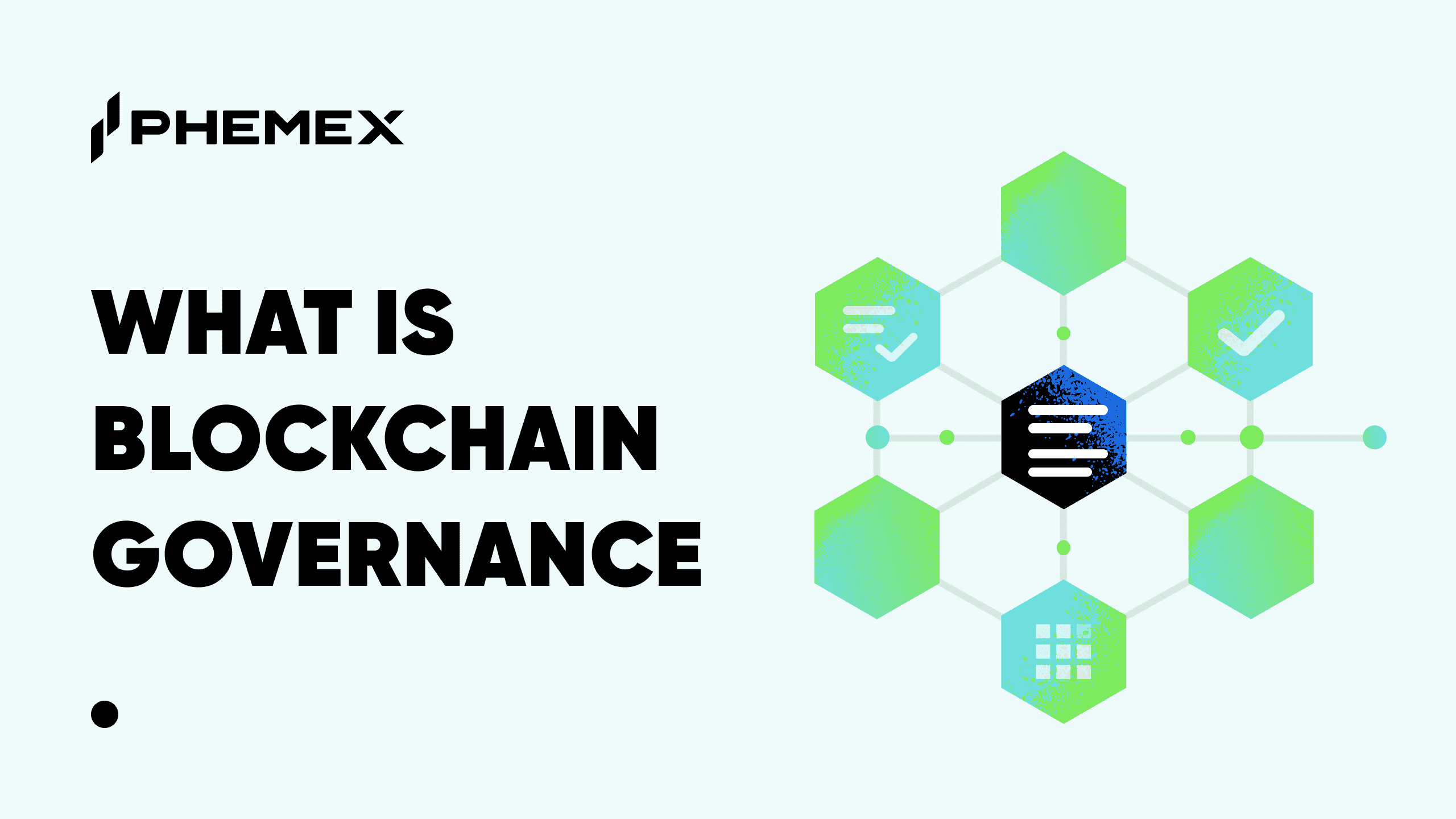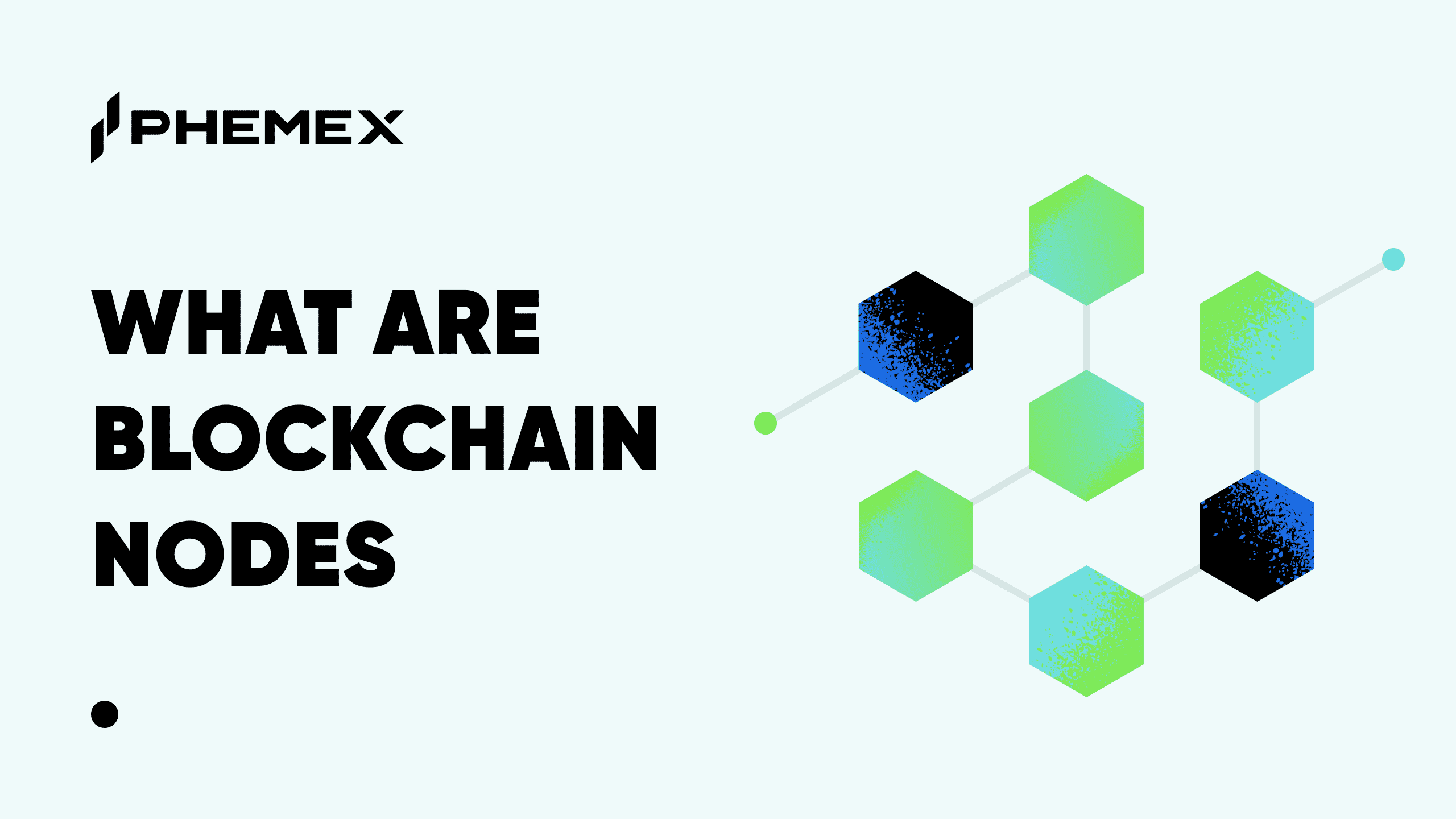Over the last few years, blockchain has helped improve operations efficiency in many areas and industries. One of the most promising among these areas is trade finance, a section of the finance industry where blockchain holds a lot of potential.

What Is Trade Finance?
Trade finance refers to an array of financial products used to mitigate risks in trading between suppliers and buyers of goods and services. Trade finance is focused on primarily international trade operations involving exporters and importers. While most trade finance is internationally oriented, it may also be used for within-country transactions between buyers and sellers.
Trade finance products are mainly used to reduce the risk of non-payment by importers/buyers and the risk of non-delivery, or delivery outside of agreed terms, by exporters/sellers. When two parties transact, a third-party, typically a bank or a trade finance company, acts as an intermediary to guarantee the fulfilment of the contractual obligations.
Typical trade finance products include letters of credit, lines of credit, and various insurance products. Letters of credit are the primary product in the world of trade finance. They are typically issued by the buyer’s bank, which guarantees the payment under the contract if the product delivery terms are fulfilled by the seller.

Letters of credit and other trade finance products protect transacting parties from fraud, contractual disputes, as well as externalities such as currency fluctuations, abrupt legislative changes, market and political instability, and so on.
Modern trade finance operations, despite efforts to streamline them, remain bureaucratic, slow, and complex. They often involve a large number of middlemen, which adds to the cost and complexity of transacting.
How Could Blockchain Help Facilitate Trade Finance?
Blockchain technology has been proposed as one of the key ways to reduce the complexity of modern trade finance. Blockchain offers a number of advantages in trade finance, both to the providers, such as banks, and to the users of trade finance products, i.e., companies buying and selling goods and services.

The advantages of blockchain in trade finance for banks and other trade finance product providers include:
- Wider product exposure: Using blockchain, trade finance providers may offer new or customized products to a wide variety of potential clients connected to the platform. This could lead to higher adoption rates of these products and help banks save on marketing, promotion, and advertising costs normally associated with the business development of these products.
- Access to new customer segments: Blockchain opens up opportunities for small and medium-sized enterprises (SMEs) to access trade finance in an affordable way, something that is hard for these businesses to do using the traditional trade finance system. As such, banks could get exposure to this new customer segment.
- Access to valuable industry-level analytics: Blockchain-based trade finance platforms could serve as a great source of analytics for banks. Normally, each bank or other trade finance provider has access only to the trade transactions it facilitates. Using blockchain, these providers could access a wider range of trade transactions and analytics associated with them. The ability to see the types of trade transactions that happen on the blockchain may provide valuable insights. For example, such analytics may point a provider to a new industry where trade finance is growing in general, but where this provider lacks clientele.
- Documentation and approval process streamlining: Blockchain holds significant potential to help trade finance providers optimize their documentation and approval processes. In the traditional trade finance system, collating and verifying all the required information to approve products is often a cumbersome and lengthy process. With the unified, secure, and automatically verified data that blockchain holds, these processes may be easily streamlined.

How Buyers and Sellers Benefit from Blockchain in Trade Finance
For buyers and sellers, blockchain offers the following advantages and opportunities in trade finance:
- Access to a wide variety of different trade finance products from the same platform: As the participating banks offer new products on the platform, buyers and sellers may easily shop around and assess a richer variety of products on offer. Normally, a company involved in trade finance has to expend significant resources and time to enquire about new products at each provider, compare and contrast these products, and choose the optimal solution. This process turns into a lengthy and complex shopping exercise. Many customers avoid this complexity by simply sticking with the trade finance provider they have used in the past. Clients often realize that a switch to a different provider might provide cost savings. However, the time and costs associated with such a switch often forces them to stay put and use the provider they “have always used.”With blockchain, selecting new products and providers and making the switch to a better offer becomes a less time-consuming process.
- More affordable traditional trade finance products for SMEs: Blockchain represents a great platform to access trade finance in ways that are not possible for these businesses under the traditional system. Traditional trade finance products are often unaffordable to smaller companies since their pricing incorporates the risks and complexity inherent in current trade finance practices. Blockchain reduces the complexity, costs of entry, and many of the risks involved in trade finance for all parties involved, including the providers. This results in more affordable products on offer that SMEs may take advantage of.
- Easy tracking of all stages of the order’s execution: Companies, and particularly buyers, may benefit from access to the unified data that blockchain features. They can easily track their order fulfillment at all the intermediary stages. This may help improve communication between buyers and sellers.
- Explore new potential markets: Client companies may also explore new potential markets using their blockchain-based trade finance platform. Since such a platform typically has data and analytics on a variety of markets, clients, and providers, buyers and sellers could use the data to research expansion into new markets.
- Unified documentation: Similar to banks, client companies could also use blockchain to reduce the complexity of their own trade finance documentation. Unified and easily accessible documentation on blockchain is beneficial to clients who often have to use their own internal systems to store, access, and update trade finance paperwork.
What Are the Obstacles to Blockchain’s Implementation in Trade Finance?
Although blockchain offers a lot of advantages both to providers and users of trade finance, its implementation in the area has a number of potential drawbacks or obstacles. These include:
- Privacy of transactions: Many businesses in the trade finance world prefer to conduct confidential transactions. This may become an issue when using blockchain. The nature of blockchain is such that most of the transactions are easily viewable. Even the protected networks, typically used for trade finance, have a lot of data viewable by other network participants.
- Lack of unified standards: Blockchain currently lacks widely-accepted standards that would make all the systems of all participants compatible.
- Legal recognition of blockchain-based trade finance documents in various jurisdictions: The essence of blockchain-based trade finance is the replacement of traditional letters of credit and other products with smart contract-based electronic agreements. However, very few countries automatically recognize blockchain-based smart contracts as legally enforceable documents. This creates a great amount of uncertainty for buyers and sellers, particularly in cases where any disputes arise. Until smart contracts are widely accepted at the government level, this uncertainty is likely to hinder blockchain’s faster adoption for trade finance. To clarify, smart contracts are not necessarily dismissed as legally groundless. On the contrary, in most countries, smart contracts, similar to other forms of digital agreements, are legally recognizable if they are in line with the country’s contract law.
- The cost of developing and deploying blockchain technology: Creating, maintaining, and updating blockchain platforms, particularly complex consortia networks, is not cheap. Significant human resources, development effort, and costs are typically required for such solutions. The complexity of the development effort and the high costs involved serve as further impediments to wider adoption of blockchain for trade finance.
- Regulating access control and network ownership: While public blockchains have an open-access mode of operation, protected blockchains used for trade finance may need a sophisticated access control mechanism. The issue of who actually controls the access mechanism may arise among the consortium members.

Conclusion
Trade finance is an array of financial products aimed at mitigating the risks involved in importing and exporting operations. The primary trade finance products include letters of credit, lines of credit, and insurance products.
Current trade finance operations are characterized by a large degree of complexity, bureaucracy, and the need for detailed documentation. Blockchain technology may be used to reduce this complexity and streamline trade finance operations.
Blockchain offers advantages both to trade finance providers, such as banks and other trade finance organizations, and to customers, such as importers and exporters. Banks may use blockchain to get access to more customer segments, particularly SMEs, and offer their new products to a variety of potential clients.
Client companies may use blockchain-based trade finance platforms to streamline their documentation and operations. They may also shop easier for new trade finance products and switch between providers with lower costs involved. Access to external analytics and new potential markets is also among the benefits of blockchain for client companies.
However, blockchain trade finance has certain impediments to its implementation. These include costs of development, lack of unified standards, privacy, access regulation, and legal recognition and enforceability of smart contracts.
Read More
- What is Blockchain Technology: The Biggest Misconception About It
- What are Blockchain Applications and Use Cases?
- Blockchain Supply Chain Solutions: How to Implement Blockchain in Supply Chain?
- Careers in Blockchain: Techies, Lawyers, Crime Hunters, and Beyond
- Blockchain and AI: How They Perfectly Work Together
- Blockchain Analytics: 11 Free Crypto Research Tools You Need
- What is Blockchain Trilemma: Solving Crypto’s Big Challenge
- Commodities, Crypto and Blockchain: Optimizing Supply Chains







